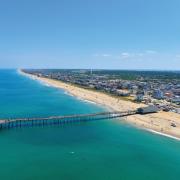Whether you are an avid skywatcher or just someone looking for something interesting to do, stargazing is easy and a wonderful way to fill your time. Here on the Outer Banks of North Carolina we have some of the best views of the night sky on the entire East Coast. Come along, pack a blanket or some snacks, and use this quick guide to stargazing.
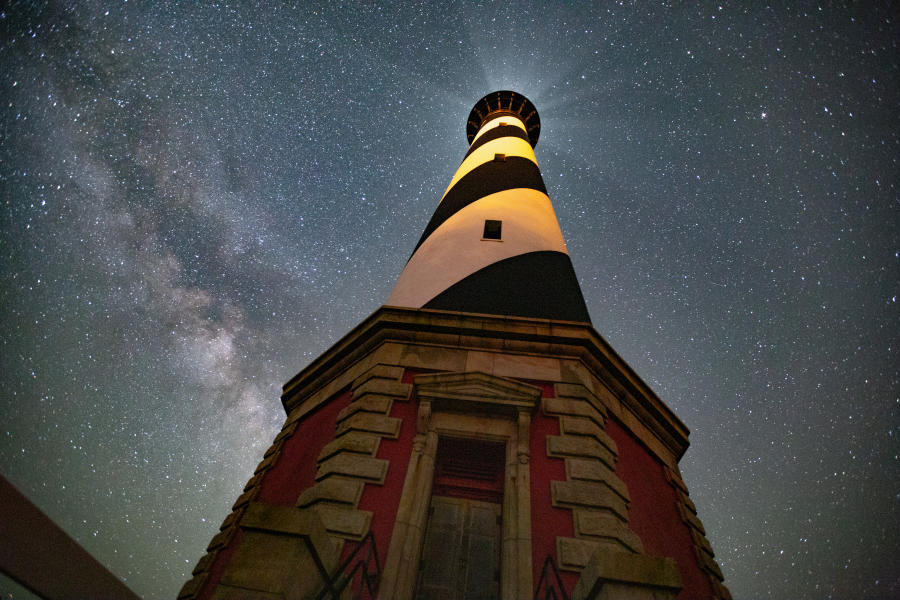
What time of year is best?
Fall and winter are actually the best times to go stargazing on the Outer Banks. Because fall and winter are colder months, the air is less humid and therefore fewer molecules to block the beautiful night sky in our colder months. In the winter time we get intensely clear night skies that create the perfect stargazing opportunities. Don't let this discourage your star viewing though we also have some amazingly clear nights in the spring and summer.
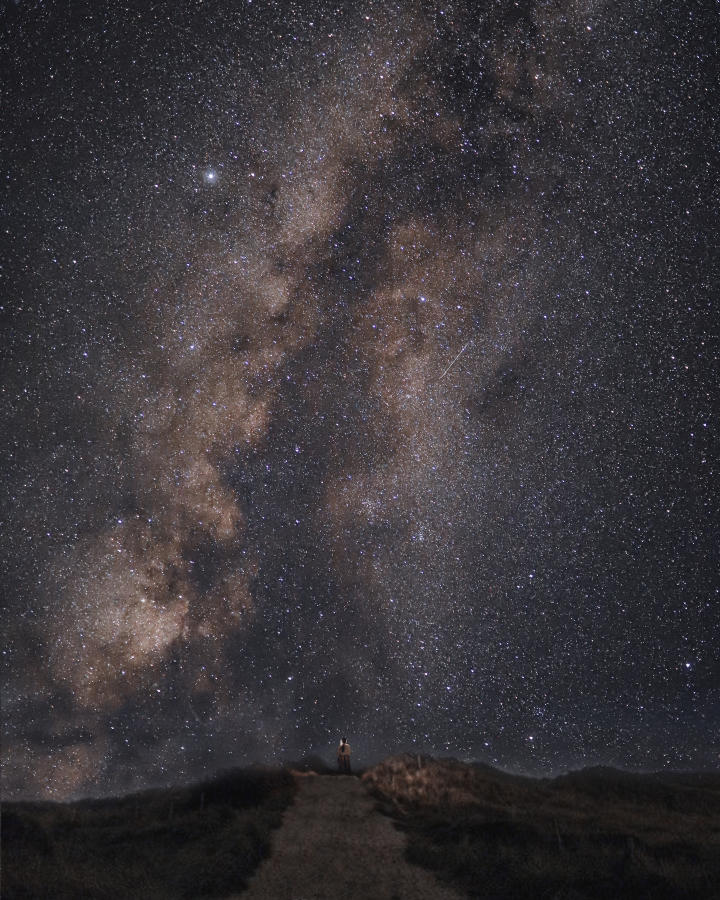
What can you see?
What you can see depends on the time of day and time of year. Sometimes you can see all seven planets, while other times you can just see a few, so check what planets and constellations are visible before you begin your stargazing journey. If you pick a really good spot on a clear night, there is a likely chance you’ll get to see the Milky Way from our little barrier islands.
What places are best?
Typically when stargazing, places with little to no light pollution are best. On the Outer Banks we have many places like this… Avon, South Nags Head, Salvo, Frisco, Duck, to name a few. The beaches in these places are some of the best locations to gaze up at the stars.
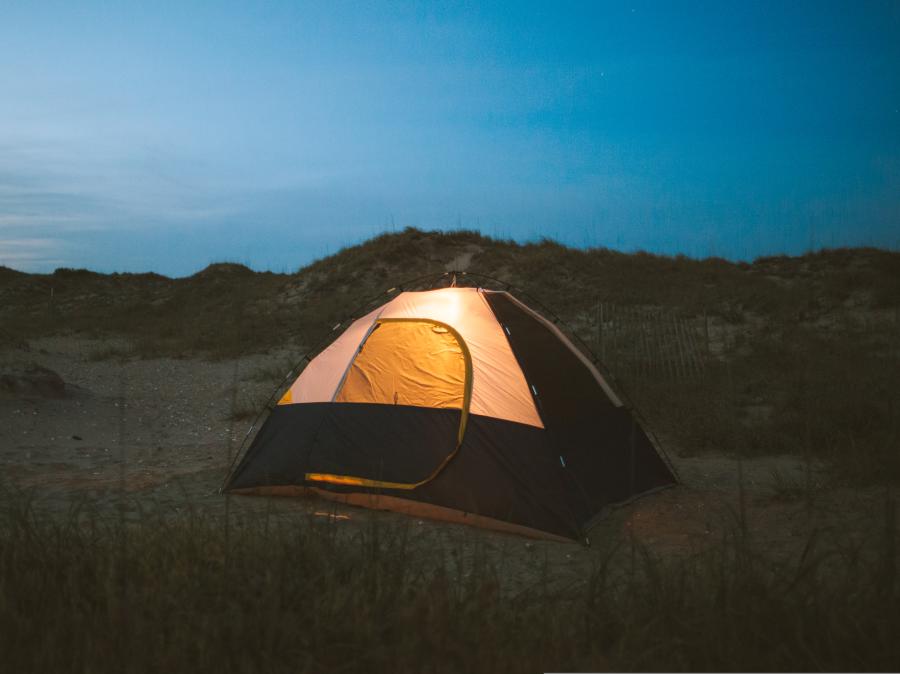
What should you bring?
When stargazing there are a few things to consider before you venture out into nature. What is the chance of rain, is it cloudy, what’s the temperature, is it windy? It is good to always be prepared while outdoors, so here are a few recommendations on what to bring.
- Phone. Your phone can take photos or provide direction. It can allow you to call your friend to join in on your stargazing or check the weather radar. It also has many apps that can assist you in your hunt for planets and constellations.
- Blanket or towel. It is always nice to have something to sit or lay on when stargazing, whether you're at the beach and not wanting to get covered in sand or not wanting to sit on wet grass.
- Snacks. Snacks are always great to have just in case you get hungry while gazing up at the beautiful night sky.
- Flashlight. A flashlight is always very necessary for safety reasons when venturing out in the dark, whether it is your phone flashlight or a battery operated flashlight, please bring one.
- A jacket or coat. This depends on the season in which you are stargazing, but at night it tends to get a bit colder and it can also get quite windy on the Outer Banks, so be prepared and bring some sort of coat or jacket just in case.
- Telescope. This one is entirely optional of course. But, if you have a telescope, level up your stargazing experience by bringing it out to get a closer look at the night sky, and maybe even get to see some craters on the moon (dependent on the current phase of the moon, check beforehand).
Some helpful apps
To help with your constellation knowledge I recommend downloading some stargazing apps. They can show you a map of the sky, what constellations are out, and what planets are out. It can tell you more information about each constellation, and the names, that way the next time you go stargazing you can find and name a few yourself.
Here are my top picks. (Most of these apps have in app purchases but are all free for standard use.)
- Star Walk 2: for both iOS and Android
- Sky View Lite: for both iOS and Android
- Night Sky: only on iOS
- Stellarium: only on Android
- Star Tracker: on both iOS and Android
- Sky Map: only on Android
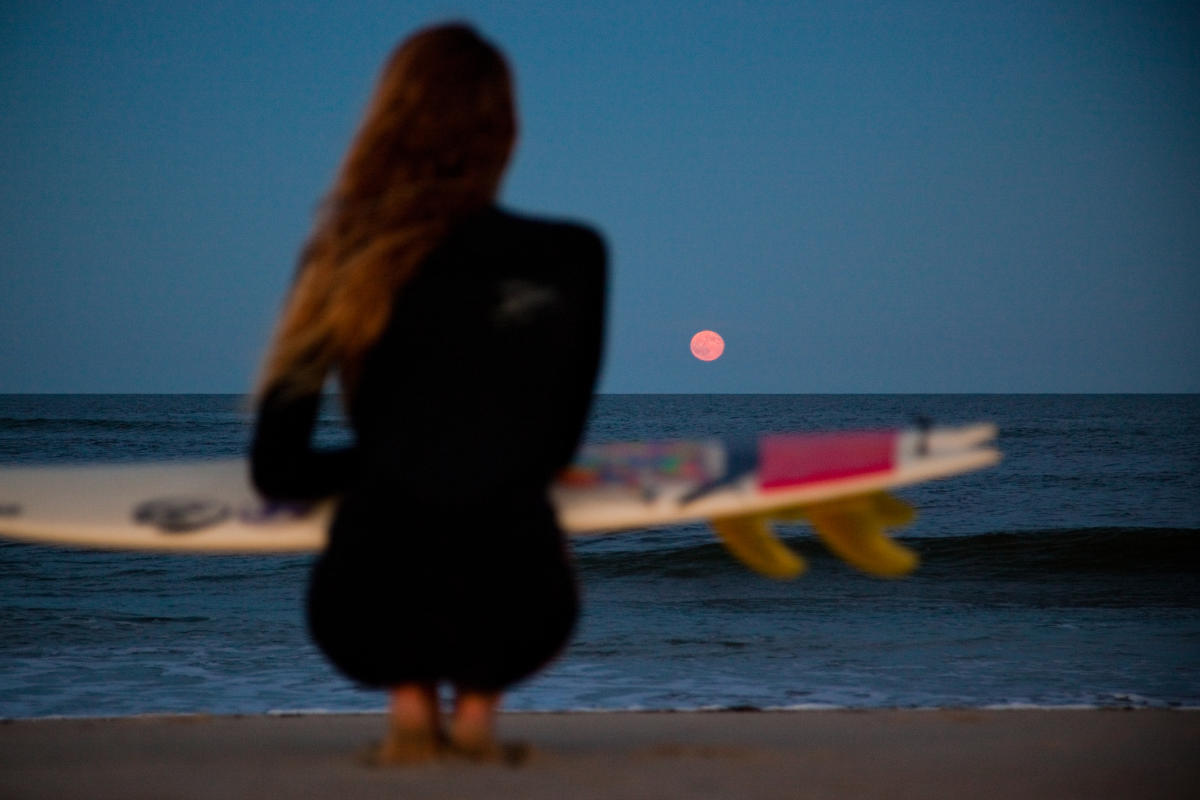
Fun Facts about Stargazing
- Observing a full moon is best done when it is rising. When the moon is rising we are actually seeing it through many layers of atmosphere which gives it a vibrant orange hue.
- The Milky Way is only visible overhead in the summertime.
- Satellites are a regular sight when stargazing.
- Some stars are visible all year long.
- Planets are typically very easy to find, so don’t be intimidated to go out and take a look.
Leave No Trace
It is always good for wherever you go to leave no trace. Respect the local environment, community, and fellow visitors. It is good to always be respectful of the local habitats, that means don’t leave trash on the ground, don’t mess with wildlife, leave things as they were found, and just be considerate. Here's a page of helpful tips for how you can travel more responsibly.

